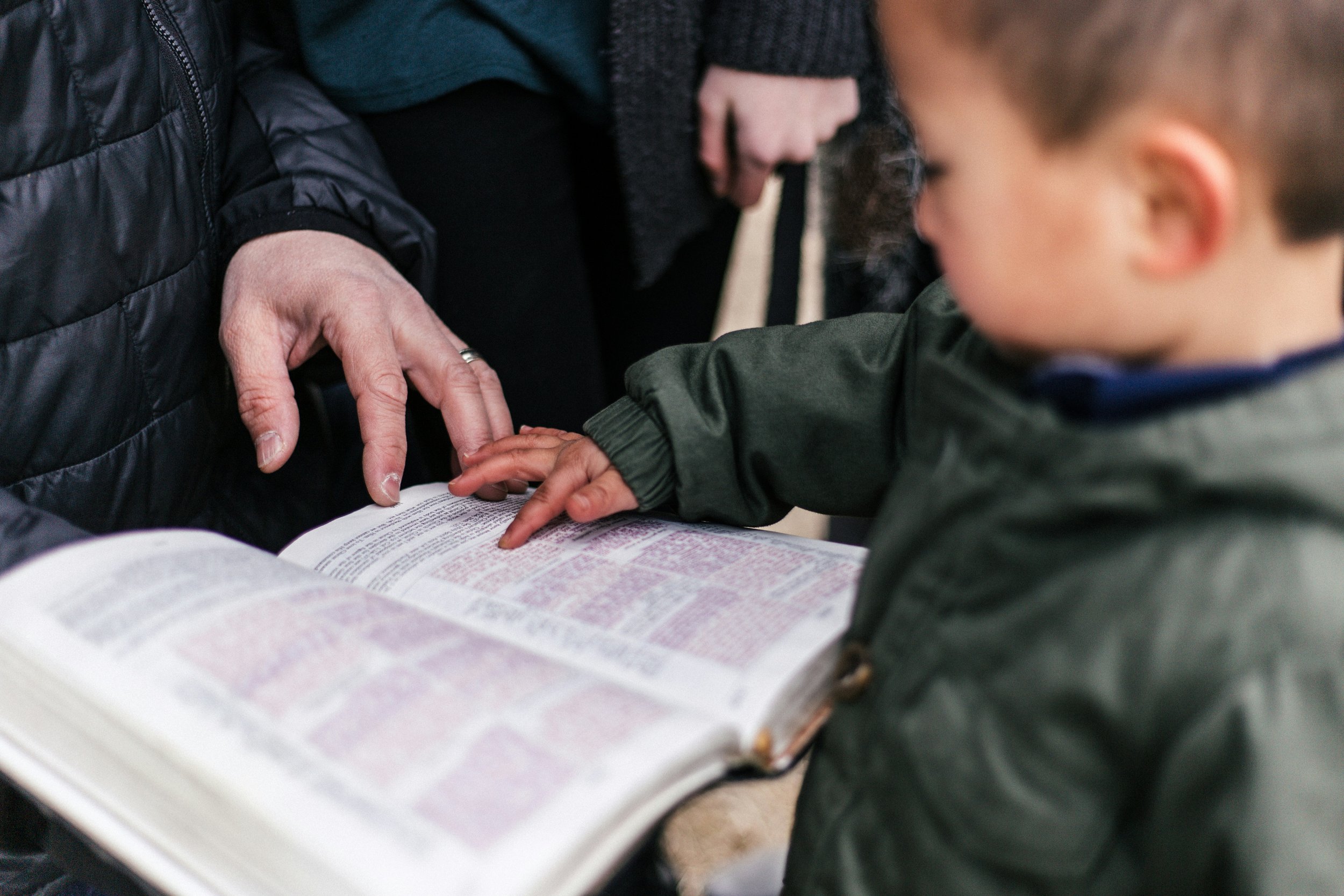
Kids Catechism Classes
Catechesis is a time-honored method of passing down the Christian faith from generation to generation. The word “catechesis” or “catechism” comes from the Greek word katekeo, which means “to teach,” “to instruct,” or even to “echo” back. The word is used numerous times in the Bible. For example, you could translate Galatians 6:6 as saying, “One who is catechized [the catechumen] must share all good things with the one who catechizes [the catechist].”
Catechisms, especially since the Reformation, were laid out as questions and answers. The teacher (“catechist”) will ask the student (“catechumen”) a question, such as: “What is your only comfort in life and in death?” The catechumen would then recite the answer from memory. In the Reformed tradition, catechisms were tools for the church, the home, and the Christian school to give children and new converts the cognitive foundation of the Christian faith. John Calvin emphasized that “the church of God will never preserve itself without a Catechism, for it is like the seed to keep the good grain from dying out and using it to multiply from age to age.”
On Sunday mornings, we have three Sunday School (“Catechism”) classes for our covenant children. There is Coffee at Kids Corner for our littlest ones, toddlers up to Pre-K. Adults have fellowship over a cup of coffee, lead the little ones in memorizing some key components to our Christian faith (e.g., the Lord’s Prayer), and supervise their play. Second, there is the Catechism Memorization Class for Pre-K through third grade. This class is more structured. It includes coloring pages, memorization of Scripture and the Catechism, and the singing of hymns. The third kids’ class is the Pre-profession of Faith class, from fourth grade through seventh. The kids use a workbook to discuss and better-understand the Christian faith, while they also review the catechism answers that they have already been working to learn.
Why memorize a catechism?
Maybe you’re wondering: Why not just memorize Bible verses? Of course, memorizing a catechism and memorizing Bible verses are not at odds with each other. The Christian should, in fact, do both. There are at least three reasons why it is good to spend much of your time in a catechism.
First, catechisms provide the “forest” view, whereas Bible verses could be compared to the individual “trees.” Indeed, both are vital. Consider, for example, the catechism question, “What do you believe concerning ‘the Holy Spirit’?” The answer is: “First, that the Spirit, with the Father and the Son, is eternal God. Second, that he is given also to me, so that, through true faith, he makes me share in Christ and all his benefits, comforts me, and will remain with me forever.” That one Q&A is bringing many Bible verses together in order to “paint the picture.”
Second, catechisms teach what Scripture means, such as “Why is [Jesus] called “Christ,” meaning “anointed”?” In this way, catechisms help us to understand Scripture better.
Finally, catechisms enable meditation. Once we have memorized biblical truths, we are able to reflect, defend, promote, and apply them.
